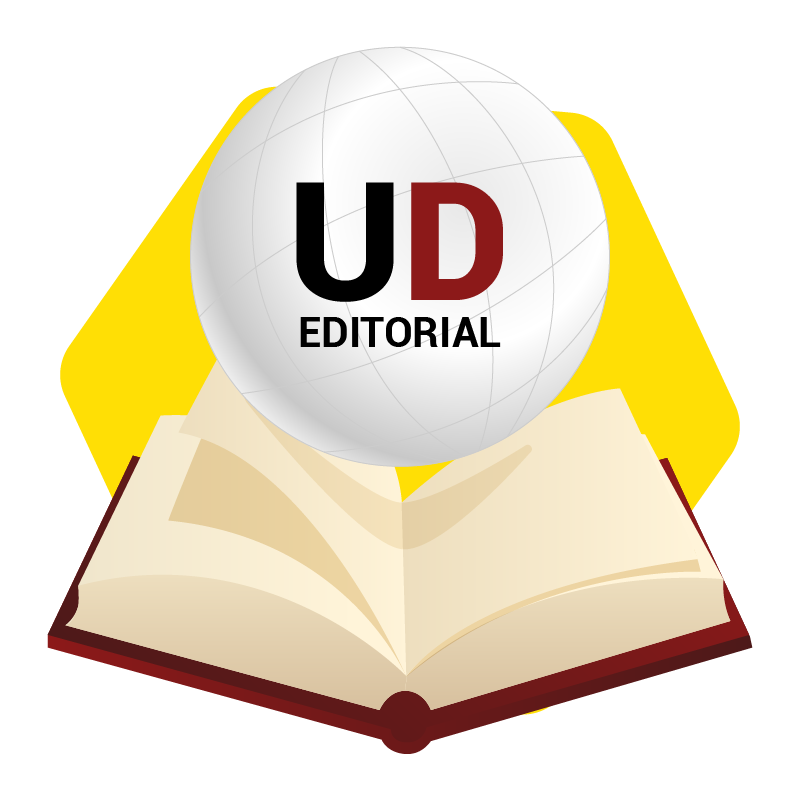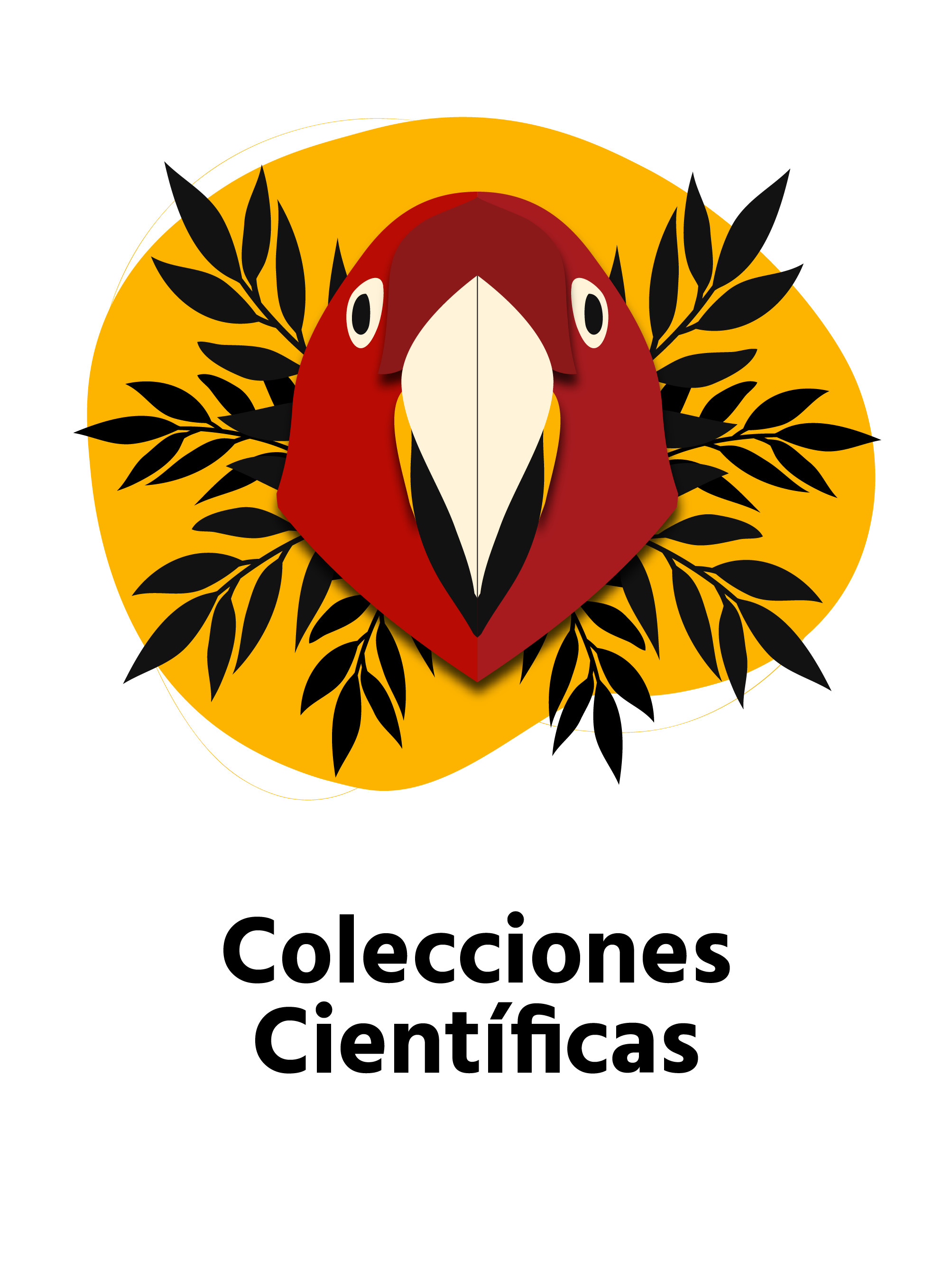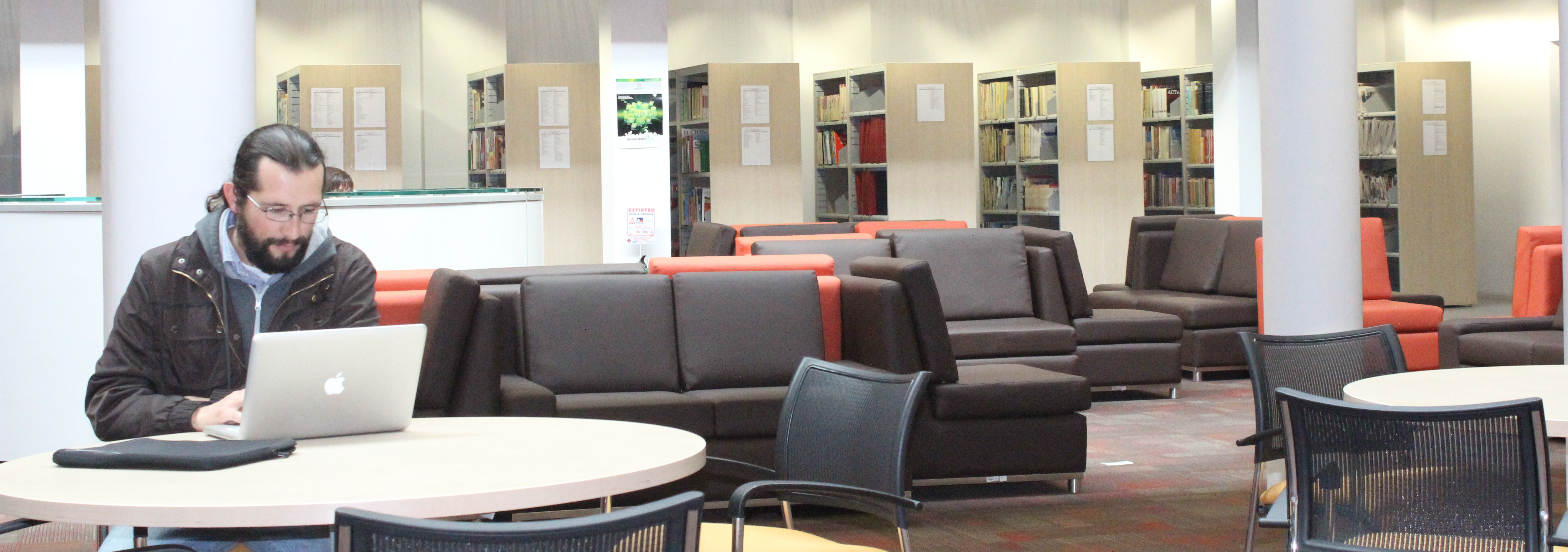
Repositorio Institucional
Universidad Distrital - RIUD
El Repositorio Institucional de la Universidad Francisco José de Caldas RIUD es una herramienta donde se depositan los objetos digitales que corresponden a la producción intelectual de la Universidad para proteger, preservar, y difundir.

Colecciones Especiales y Patrimoniales
Ver

Producción Editorial
Ver

Recursos Educativos Abiertos
Ver

Tesis y Disertaciones - Maestría y Doctorado
Ver

Trabajos de Pregrado y Especializaciones
Ver

Colecciones Científicas
Ver
Envíos recientes
El metaplán y la matriz conceptual como herramientas para el proceso de investigación-creación en teatro: caso Hamlet, príncipe de Dinamarca dirigido por Pedro Miguel Rozo
(Universidad Distrital Francisco José de Caldas) Ramírez Rico, Wanda Lia Koshima; Camacho López, Sandra
Pendiente por suministrar.
Los lenguajes escénicos en Hamlet - Príncipe de Dinamarca y su confrontación con el hiperrealismo del mundo contemporáneo
(Universidad Distrital Francisco José de Caldas) Zambrano, Francisco; Sandra, Camacho López
Pendiente por suministrar.
Estrategia de descarbonización basada en el diagnostico técnico del transporte terrestre en G4S Colombia
(Universidad Distrital Fracisco Jose de Calsa) Sierra Ordoñez, Diego Alejandro; Barreto Reyes, Diana Carolina
This study presents a technical assessment of the terrestrial transport system of G4S Colombia, aimed at formulating a decarbonization strategy. The methodology included fleet and energy consumption characterization, carbon footprint calculation under the Greenhouse Gas Protocol, and the design of emission reduction strategies.
For the 2024 baseline year, the carbon footprint was estimated at 1,651.17 tCO₂e, with 85.3% from direct emissions related to fossil fuel consumption and 14.7% from indirect emissions associated with electricity use. Bogotá, Barranquilla, and Medellín accounted for the highest emission levels.
Based on these results, a strategy focused on fleet replacement, route optimization, preventive maintenance, and eco-driving was proposed, with an estimated 11% reduction in transport-related emissions by 2030. The study concludes that transport decarbonization can improve operational efficiency and enhance corporate sustainability.
Estudio de factibilidad para el aumento de potencia de 50 a 900 vatios de la emisora Radio Sur (106.4FM)
(Universidad Distrital Francisco Jose de Caldas) Sanchez Peña, Maidy Linelly; Hernandez Martinez, Henry Hernández
This internship proposes the development of a technical and operational feasibility report for increasing the power of the community radio station Radio Sur (106.4 FM), from 50 to 900 watts, in accordance with the regulations established by the Ministry of Information and Communications Technologies (MinTIC) and with resources financed by the station. The initiative arose from the efforts of the legal representatives as a result of a MinTIC call for proposals in 2019, in which the Comunikate Foundation participated in the community radio category for Sector 5 of Bogotá, which includes the districts of Tunjuelito, Ciudad Bolívar, Puente Aranda, Bosa, and Kennedy. Therefore, this proposal includes the installation of the transmission antenna in Ciudad Bolívar and the production studios in the Venecia neighborhood, in the district of Tunjuelito, with a digital connection between both locations to guarantee continuous broadcasting.
Universidad Distrital en Rankings Universitarios - 2025
(Universidad Distrital Francisco José de Caldas) ROMERO BETANCUR, David; Romero Betancur, David [0000-0003-1330-6116]; David
University rankings are tools that assess the quality of higher education institutions using various criteria, addressing different interests depending on the entity or organization responsible for the assessment. Generally, these rankings focus on aspects such as reputation, employability, educational quality, internationalization, transparency, resource management, scientific production, research networks, research funding, innovation, and collaboration. The measurement of university performance is based on different national and international benchmarks, utilizing information from records and databases, as well as data provided by institutions or specific surveys. This document lists several international rankings, including QS, Times Higher Education, ARWU, Webometrics, SCImago-Institutions Rankings, and U-Sapience. The specific characteristics of each are discussed, along with the implications of their results. Finally, the importance of the university's visibility is highlighted, along with the standardization of records in databases and within the university, and the use of persistent identifiers as essential strategies for improvement. Standardization involves unifying the university's denomination and the names of researchers in academic indexing databases, increasing visibility, citations to research, and correcting sub-entries in national and international databases.












